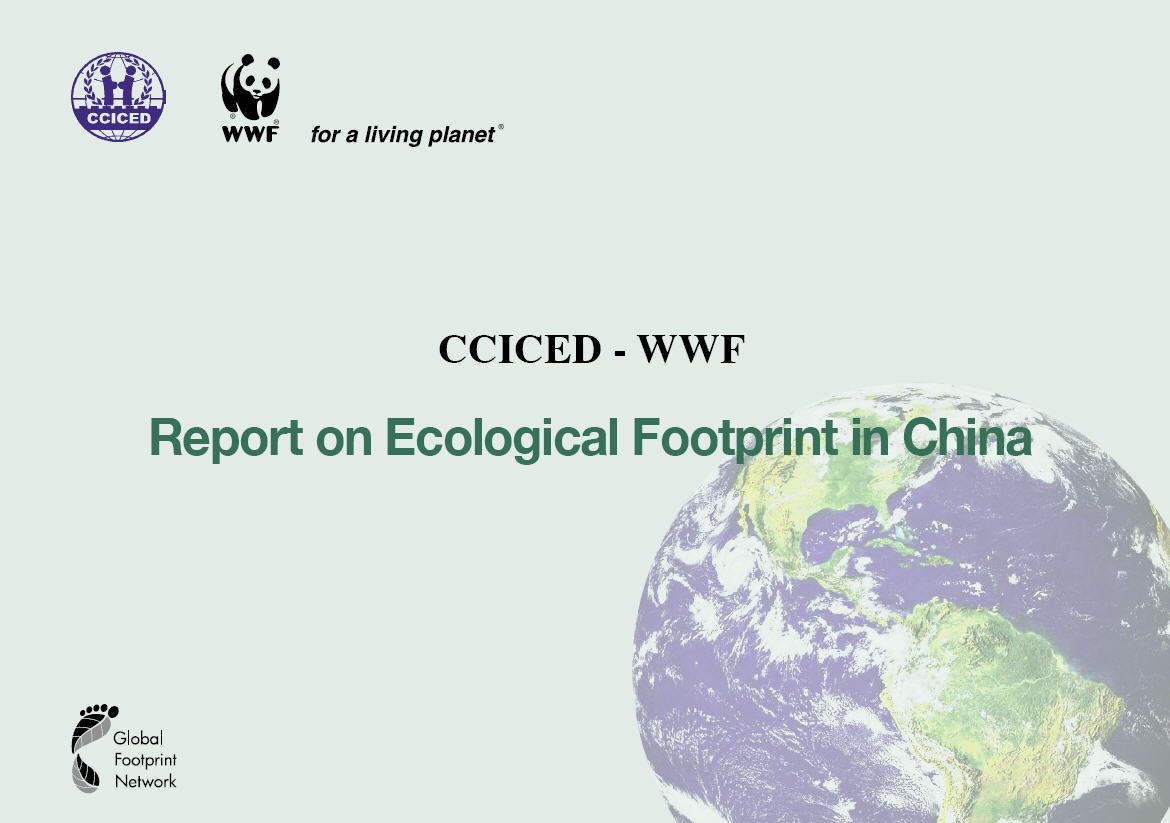China’s average ecological footprint has doubled since the 1960s and now demands more than 2 times what the country’s ecosystems can sustainably supply, a new report finds.
The Report on Ecological Footprint in China, jointly commissioned by China Council for International Cooperation on Environment and Development (CCICED) and WWF, is the first comprehensive report about China’s footprint.
It gives an overview of the factors that determine the country’s growing ecological deficit, beginning in mid-1970s, and shows innovative paths for China to achieve its development goals in a sustainable way that ensures the future generations have the natural resources they need to prosper.
According to the report, China now uses 15% of the world’s total biological capacity.
The analysis in this report finds that people of China have an ecological footprint of 1.6 global hectares per person in 2003 (the last year for which figures are available), which means each individual needs 1.6 hectares of biologically productive land to support their lifestyle demands.
The figure is still lower than the world average of 2.2 global hectares per person, ranking China the 69th of the 147 nations measured that year. But it nonetheless presents challenges, considering China’s large population and the robust economic development.
“It’s a critical period in coming 20 years for China to realize its sustainable development, which is determined by important indicators including the balance between the utilization efficiency of natural resources and the Earth’s regeneration capacity improvement,” said Zhu Guangyao, Secretary General of CCICED. “We hope this report will serve its reference accordingly.”
Two general strategies are presented in the report for China to start with, the “easy” things and “slow” things that respectively refer to simple, cheap and popular steps like investing in clean technology and changing to energy-efficient bulbs and decisions that are made today but have future impacts.
The report recommends a CIRCLE approach that highlights
- Compact urban development,
- Individual action,
- Reducing hidden waste flows,
- Carbon reduction strategies,
- Land management and
- Efficiency increases for China to achieve its sustainable goals.
“The report findings have portrayed how much natural resources China is using for social and economic development. It’s the first-ever effort to gather and analyze such necessary information to reach that understanding and pioneers an innovative approach based on China’s factual conditions,” said one of the report authors Xie Gaodi at the Institute of Geographic Sciences and Nature Resources Research, Chinese Academy of Sciences.
Meanwhile, the report shows that the large population gives the Asia-Pacific region the largest ecological footprint compared to any other regions despite a relatively low level on individual basis.
“The report is an important first step for all of us,” said WWF-China Country Representative Dermot O’Gorman. “With this report and the partnership with CCICED and Global Footprint Network, WWF will continue to work with key stakeholders to explore an innovative and sustainable development path in China.”














